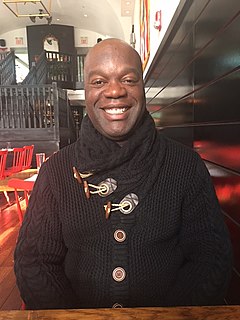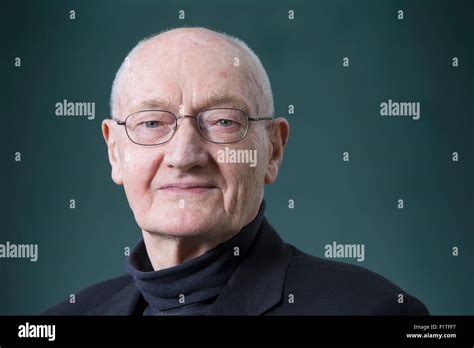A Quote by Erving Polster
A new question for the psychotherapist to ask is whether a theory can go beyond mere effectiveness in achieving either a so-called cure or even personal growth into its implications for the nature of an evolving society.
Related Quotes
I ask that you offer to the political arena, and to the critical problems of our society which are decided therein, the benefit of the talents which society has helped to develop in you. I ask you to decide, as Goethe put it, whether you will be an anvilor a hammer. The question is whether you are to be a hammerwhether you are to give to the world in which you were reared and educated the broadest possible benefits of that education.
We have moved into an era where we are called upon to raise certain basic questions about the whole society. We are still called upon to give aid to the beggar who finds himself in misery and agony on life's highway. But one day, we must ask the question of whether an edifice which produces beggars must not be restructured and refurbished.
Ours has been called a culture of narcissism. The label is apt but can be misleading. It reads colloquially as selfishness and self-absorption. But these images do not capture the anxiety behind our search for mirrors. We are insecure in our understanding of ourselves, and this insecurity breeds a new preoccupation with the question of who we are. We search for ways to see ourselves. The computer is a new mirror, the first psychological machine. Beyond its nature as an analytical engine lies its second nature as an evocative object.
When you ask why did some particular question occur to a scientist or philosopher for the first time, or why did this particular approach seem natural, then your questions concern the context of discovery. When you ask whether the argument the philosopher puts forth to answer that question is sound, or whether the evidence justifies the scientific theory proposed, then you've entered the context of justification. Considerations of history, sociology, anthropology, and psychology are relevant to the context of discovery, but not to justification.
































